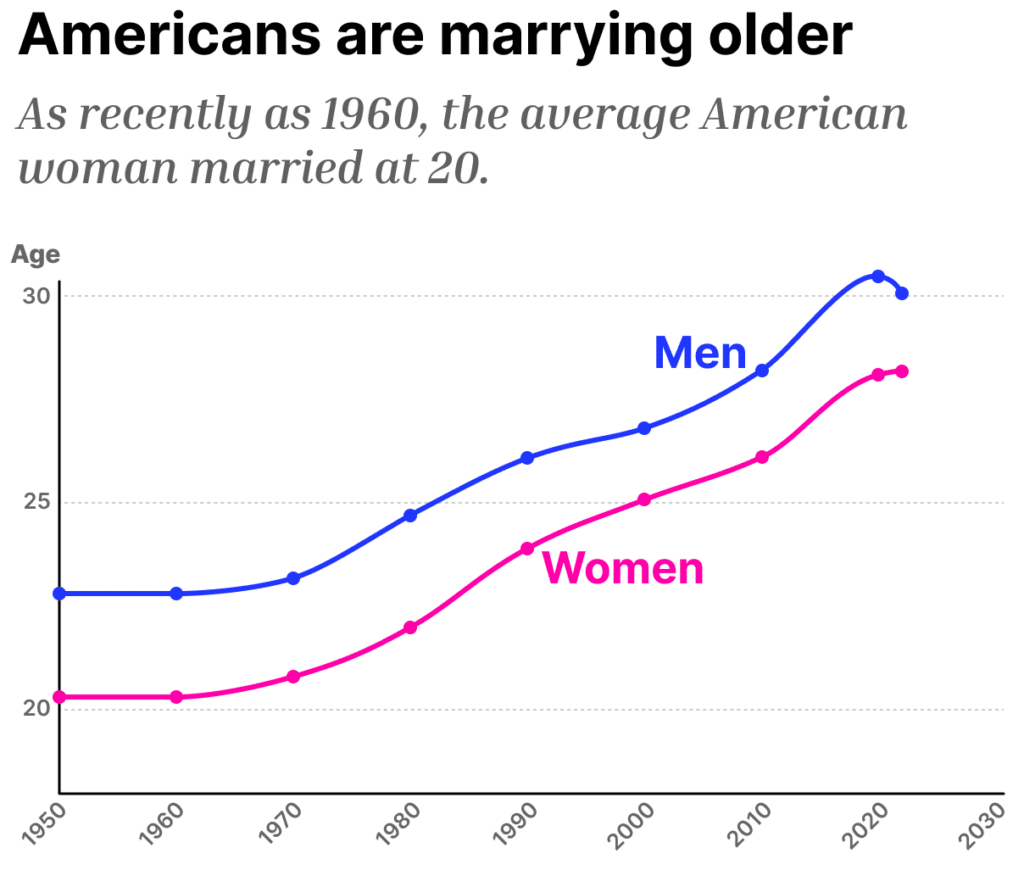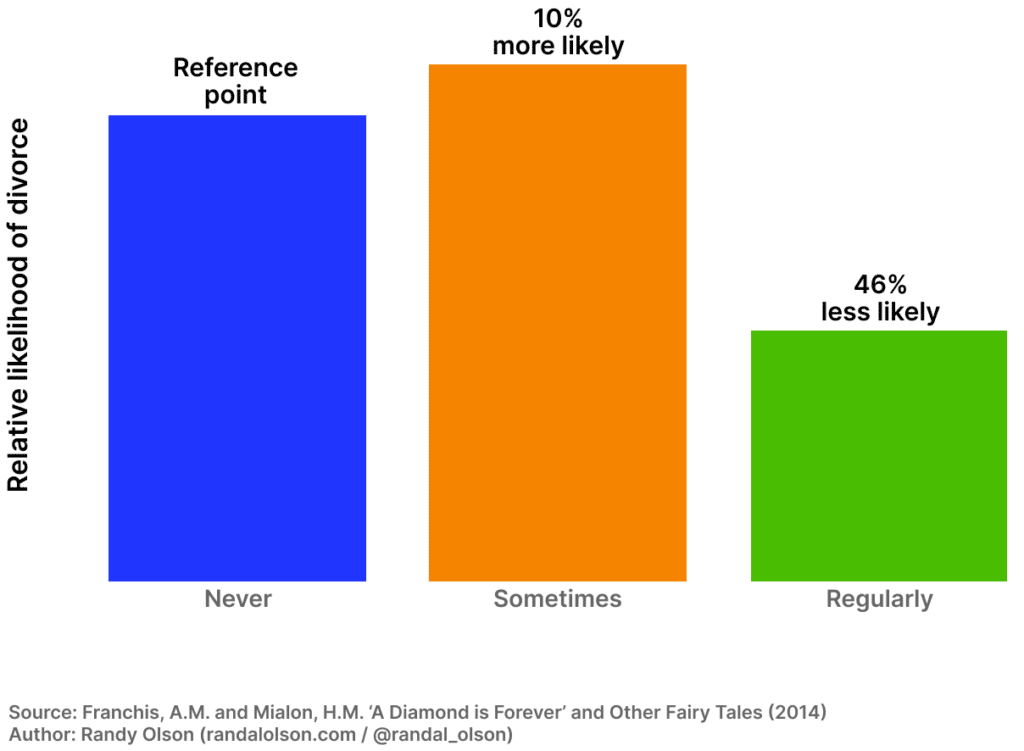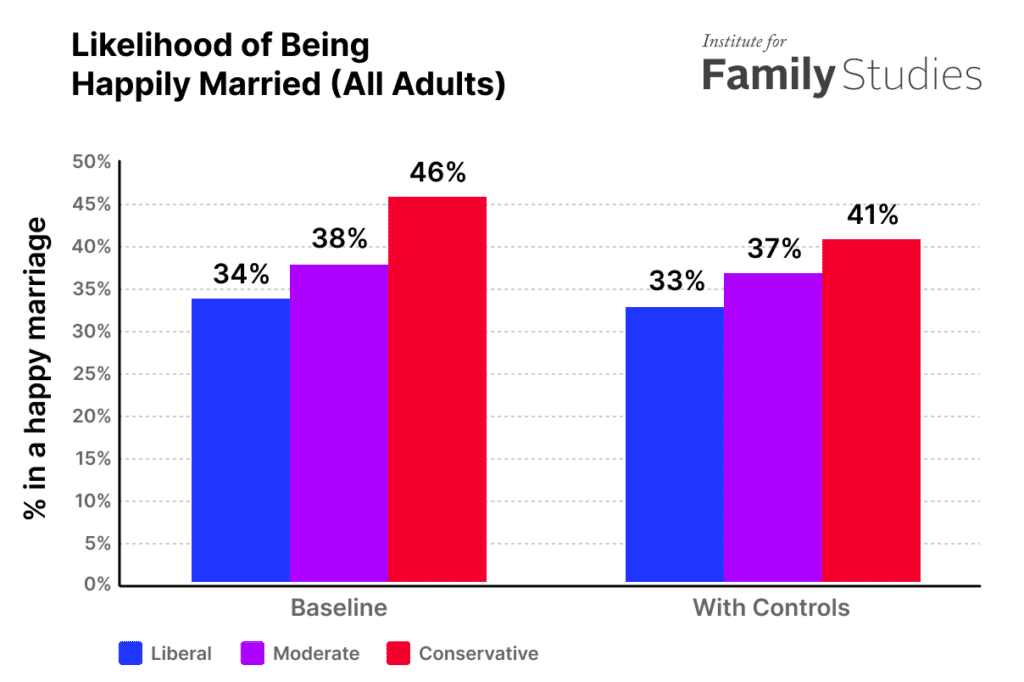This is an excerpt and the introduction chapter of my upcoming book “44 High Value Male Principles”. I’m writing out in the open to gather feedback and find engaged readers who might review my book upon release.
Subscribe to my blog to receive updates and gain access to the entire book for FREE before its publication date.
This book was written to assist you in finding your masculine way in life. It’s for you if you are young and looking for an older perspective, or if you just lack experience with women. I want to support you in becoming the type of man who leads an outstanding life. A high value man is bound to attract gorgeous women with an extraordinary life, made possible via refined masculine principles.
However, if you become a high-value man, it is easy to become distracted in the pursuit of women and this can lead to disastrous outcomes. Every man desires a beautiful woman. We’d all like to know how to easily charm women. But mesmerizing women needs to be done with wisdom & care. The goal should be to meet a woman who’s a keeper, and marry her, instead of being tempted by the many women who are attracted to you as your value on the sexual market rises.
Often, we can only see that we made the wrong choice in life when it’s already too late. Above all, I want you to avoid painful dating lessons and reduce your setbacks in life to a minimum.
So it is only fitting to begin this book with the most crucial principle for men:
Seek Long-Term Relationships — Hookups & Casual Relationships Waste your Potential
I have dated a lot of beautiful women. A breathtaking travel influencer, a passionate prima ballerina, an unfathomably stunning model, and a classy yet seductive girl from a wealthy family. These women have taught me that having a beautiful lady is not the most essential aim in a man’s life. Craving sex with a beautiful woman does not lead to satisfaction. The thrill of being desired by a high-value woman isn’t what results in happiness.
Keeping a good woman, on the other hand, is a journey worth embarking on. This book will undoubtedly assist you in gaining the attention of practically any woman you want – assuming you work hard for it.
However…
Being obsessed with seducing a woman, or as many women as possible is a terrible path to choose in life. A high value man seeks one great woman and makes her his through marriage.
I’m optimistic that you’ll find the woman of your dreams. In the best-case scenario, you’ll find her swiftly and keep her for life. Of course, this isn’t always realistic. We sometimes choose an unsuitable woman and must leave her so we can find a more suitable partner. We may be too inexperienced and commit blunders in our relationships. We are occasionally forced to break up due to circumstances beyond our control. We can be too eager and rush into a relationship too quickly and crashland just as fast. And at times, we think too much with our best friend – Dick, Longbottom.
You will likely date several women before you stumble upon your match made in heaven. But, in the end, what matters is a principled dating approach: The quality of the women you date counts – not the quantity.
As the proverb goes:
The road to hell is paved with good intentions.
The life lesson is the same whether you are religious or not. Even the best intentions, such as wanting to become a high-value man to attract gorgeous women, can lead you down a path of pain and hell-like torment.
It is no accident that most holy books condemn or prohibit seduction.
- In the story of Genesis, the serpent seduces Eve in the Garden of Eden into eating the forbidden fruit, ultimately leading to her and Adam’s exile from paradise.
- The ancient Greek myth of Pandora tells of the first woman on earth being given a box by Zeus with explicit instructions never to open it. But alas, her curiosity prevails and Pandora opens the box, unleashing evils and plagues upon the world.
- Buddhist philosophy considers seduction and attachment as hindrances on the path to enlightenment, which inevitably cause suffering.
Buddhism’s emphasis on suffering could not be more apt. The commonality of those religious texts is based on timeless principles. Short-term pleasures, such as sex without commitment, will never lead to long-term satisfaction.
There are pickup artists who teach men how to have sex with as many women as possible for a maximum focus on individual pleasures. But what happened to those men? They’re unmarried, divorced, lonely, and dissatisfied with the outcomes produced by their short-sightedness. Neil Strauss, one of the inventors of modern Pick Up Artistry, explored this extensively in his book “The Truth” and regrets writing “The Game.”
Even Casanova — the archetype of a player — died alone, in poor condition, with no family or loved ones to bid him farewell.
Don’t get me wrong — in the moment, short-term pleasures will feel exhilarating. But devoid of meaning, sex with random women will soon feel hollow. Worse, when you start a relationship with this as the baseline, you risk going down the dangerous path of becoming divorced and eventually feeling disenchanted with relationships. It’s a destructive cycle that’s hard to break.
The sooner you gain clarity on this, the better. Advice on winning a woman’s heart serves you for a lifetime. Advice on getting in her pants serves you mere weeks. Learn to seduce a woman but limit it to one and make her your wife or long-term girlfriend.
Everything else is a fool’s errand. The Latin root of “seduce” gives us further clues — seducere means “to lead aside or astray,” combining se- (“aside”) and ducere (“to lead”). Therefore, seduction implies two meanings:
- To lead away (from duty)
- To persuade to have sex
In French, “seduire” stands for corruption — further implying the opposite of commitment.
For a husband and wife, fidelity is a solemn duty to not be corrupted. Being led astray from that path corrupts the mind and heart. This isn’t a preachy conservative talking point and I’m not about to become a crazy old uncle.
I grew up in Germany, immersed in liberal values exceeding even America’s Democratic Left. By US standards, my views would have been very progressive until recently, the early 2020s.1
However, it’s not happenstance that we become more conservative with age. Wisdom follows age. As Winston Churchill famously stated, “If you’re not a liberal when you are young, you have no heart. If you’re not a conservative when old, you have no brain.”
Life experience rings true and numbers don’t lie. The data on casual relationship habits paints a somber portrait. The sexually liberated West reveals dire statistics — promiscuity bears consequences, yes, even for men.
Happy Wife, Happy Life — Why you SHOULD Get Married

Commitment to a romantic relationship, specifically marriage, is increasingly viewed as a self-harming and foolish concept in modern, liberal nations, at least among liberals. Sacrifice for anyone other than oneself is regarded as a burdening obligation, rather than a virtue.
Furthermore, expectations from contemporary culture — for women to advance their careers, and for men to attain not just financial stability but maximal prestige and appeal — lead both genders to postpone or completely avoid marriage.2 The share of never-married adults above 25 years old has risen sharply for both genders from a median of 9% up to 20%.
The modern family unit in liberal countries continues to deteriorate, as seen by women delaying having children until they are in their 30s.3 Being married with a husband/wife and kids is just no longer appealing to the everyday woman, and to a lesser extent, the typical man.

Men and women are marrying nearly a decade later than they used to. Couples used to tie the knot in their early twenties but the thirties are the new norm.4
These figures are not yet alarming; in fact, as we will see in a moment, they are partially beneficial for marriage happiness; yet, they explain two terrifying trends in the West:
- People with liberal values, who are less likely to have a family, have never been unhappier with their lives.
- Marriage rates are declining, while divorce rates are increasing.
Whether it’s the war against religious affiliation, the battle against motherhood and fatherhood, or the resentment of submission to a partner. Modern liberalism attacks any tradition that impedes personal liberty, branding such practices as archaic shackles to be broken.
Agnosticism and atheism have proliferated in the West. Unsurprisingly, as a German, I consider myself agnostic. Religion felt foreign to me after my adolescence, but as I’ve grown older, I’ve come to appreciate the worth of religious teachings.
Religious practices and ideals serve as a moral compass, guiding individuals toward kindness, compassion, gratitude, forgiveness, and a strong sense of community and respect for others. These virtues promote family bonds, charity, and personal growth. Whether or not you are religious, these are important principles to abide by as an adult.

Research reveals that individuals who actively engage in religious activities are happier than those who are non-practicing believers or non-believers. In certain countries, this “happiness gap” is quite substantial. Even in highly secular countries like Australia, actively religious people are 12% happier on average than non-practitioners.
Religious people are happier, have better health, exercise several times per week, are less likely to have destructive behavior patterns such as smoking and drinking, and are more involved in other non-religious organizations.5
Enjoying this so far? Subscribe to receive updates and gain access to the entire book for FREE before its publication date.

“Happy wife, happy life,” as the adage goes. However, the inverse is equally true — a fulfilling life is at the core of marital happiness. When anchored in family, community, and faith, a man follows a more fulfilling path. Regular church attendance dramatically lessens the likelihood of divorce. Devout couples face 46% lower odds of divorcing.6 One contributing element to the lowered odds is surely the deep consecration that religious couples bestow upon the sanctity of marriage.

Most significantly, people involved in their faith are more likely to get married. This is not meant to convert you back to your religion if you aren’t religious.
The primary notion is that focusing on traditional, family-oriented values and being part of something bigger than ourselves, along with our spouse, leads to greater marital and life satisfaction.7 Religious or not, you can emulate the traits of a successful family man who leads a happy marriage by modeling after religious principles. The primary emphasis is more on family-orientedness, rather than religious devotion.
A lack of family orientation is likely one of the key reasons why modern liberals consistently report the highest levels of unhappiness when compared to conservatives.
Liberals have the highest discontent with their lives, the most displeasure with their families, and the largest dissatisfaction with their mental health, which is reported by nearly 39% of all liberal women.8
It appears that the modern boss-girl type woman is growing increasingly unhappy. This comes as no surprise to me. Women desire a fulfilling connection with a man. They aspire to be mothers and raise children. However, modern culture tries to convince us that doing so doesn’t serve our individual liberties. But tragically, individual liberty is meaningless if it makes us miserable.
It’s not uncommon to witness boastful displays of independence by women on social media about how wonderful it is to have personal freedom. They brag about learning to cook alone or enjoying single spa pampering sessions. And pop star Miley Cyrus famously wrote a song that gleefully celebrated the ability to buy herself flowers. But it was a hollow facade.
Two years later, she released a new song about her loneliness and the mistaken belief that an “I will do whatever I want” attitude would bring her happiness. Her original song wasn’t a proud hymn for liberty. It was a lie she needed to cope with her sorrow.
It’s a heartbreaking tale that repeats endlessly in the modern age. Many women convince themselves and others that they’re fulfilled on their own and that they only need friends. Behind the self-congratulating posts about solo escapades, there is often quiet longing and doubt. The overconfidence masks an unmet craving for companionship.

A healthy dose of independence is good for the soul. Having a strong social network is beneficial, as I’ll underscore in further chapters. However, spending more time with friends does not boost people’s happiness levels, whereas getting married does.
Loneliness lurks in the shadows as our youth fades. Friends move away, start their own families, or pass away. And friendships that live up to an intimate married relationship are rare, if not impossible to find. Despite the growing assumption that marriage is not the be-all and end-all, married individuals are far happier than unmarried people.9

I’ll always have a liberal side, even though I’ve become far more conservative over the last 5 years. As I am living in traditional, Muslim-majority Indonesia now, some restrictive ideas don’t sit right with me. Everyone deserves a prosperous life, liberty and the pursuit of happiness. Basic freedoms like free speech and control over your body, to an extent, are important. But freedom should not equate to an exemption from responsibility and commitment to others.
Western liberalism and individualism brought a lot of progress in the West. But the data on marital happiness can’t be ignored. The more conservative you lean — so the more you value commitment vs personal freedom — the more likely it is that you’ll be in a happy marriage. Liberals have a 34% chance of being happily married, while moderates are 5% more likely, and conservatives score the highest chance of being in a happy marriage at 46%.10
That does not mean that marriage quality differs when happily married. Conservatives lean slightly happier when married, although it’s not statistically relevant. They are simply more likely to be happily married because they have the predisposition for marriage.
Liberals are less inclined toward lasting commitment. One could reasonably conclude that with a liberal temperament, avoiding marriage altogether might be the wiser path. But as we’ve seen and will continue to explore, singlehood and cohabitating without marriage both have major pitfalls for life satisfaction.
So it’s worth asking; Might liberals gain from a change of heart, prioritizing commitment and sacrifice over pure liberty? Even if it doesn’t come naturally, embracing marriage, and surrendering to a greater good could promote lasting happiness.

With self-gratification and self-preservation now front and center in modern life, no wonder divorce rates in the West had doubled while marriages have halved in the last 60 years — though with the caveat that in the last two decades, divorce rates have dropped steadily.11
This begs the ultimate question to be explored: Does marriage for men still make sense with such odds? Can success be found when failure looms so large?
Why risk the agony of divorce, one of life’s greatest pains? Beyond emotional scarring, divorce often inflicts financial havoc and loss of custody of one’s children — severe costs in a system tilted toward women — at least in highly egalitarian nations.
Marriage appears to be a precarious bargain. One that requires faith that the sanctity of marriage and life-long commitment outweigh the risks. For those willing to confront the risks, what considerations matter most? How does one beat the odds and cultivate a lasting union?
This was part one of “Making the Case for Why you SHOULD Get Married as a Man”. Part two will follow soon, exploring the topic “The Good & The Bad of a Man’s Sexual Market Value”, as well as “Too much sex can ruin your life.”
Thank you for your time. If you enjoyed this read, please subscribe. As a special perk, you will gain the entire book for FREE if you subscribed before its publication date.
Footnotes & Resources
Charts of external sources may have been modified for visual consistency and improved readability and if necessary have been translated. See footnotes below for detailed, original references:
- Chinoy, S. (2019, June 26). Opinion | What Happened to America’s Political Center of Gravity? — the New York Times. https://www.nytimes.com/interactive/2019/06/26/opinion/sunday/republican-platform-far-right.html ↩︎
- Wang, W., & Parker, K. (2014, September 24). Record Share of Americans Have Never Married. — Pew Research Center’s Social & Demographic Trends Project. https://www.pewresearch.org/social-trends/2014/09/24/record-share-of-americans-have-never-married/ ↩︎
- Livingston, G. (2018, January 18). They’re Waiting Longer, but U.S. Women Today More Likely to Have Children Than a Decade Ago. — Pew Research Center’s Social & Demographic Trends Project. https://www.pewresearch.org/social-trends/2018/01/18/theyre-waiting-longer-but-u-s-women-today-more-likely-to-have-children-than-a-decade-ago/ ↩︎
- Visé, D. (2023, May 6). Americans are waiting longer and longer to get married. — The Hill. https://thehill.com/homenews/state-watch/4032467-americans-are-waiting-longer-and-longer-to-get-married/ ↩︎
- (2019, January 31). Religion’s Relationship to Happiness, Civic Engagement and Health Around the World. — Pew Research Center’s Religion & Public Life Project. https://www.pewresearch.org/religion/2019/01/31/religions-relationship-to-happiness-civic-engagement-and-health-around-the-world/ ↩︎
- Dr. Olson, S. (2014, October 10). What makes for a stable marriage? — Dr. Randal S. Olson. https://randalolson.com/2014/10/10/what-makes-for-a-stable-marriage/ ↩︎
- Hollar, B. (2020, March 4). Regular Church Attenders Marry More and Divorce Less Than Their Less Devout Peers. — Institute for Family Studies. https://ifstudies.org/blog/regular-church-attenders-marry-more-and-divorce-less-than-their-less-devout-peers ↩︎
- Wilcox, W. (2022, October 13). Why Are Liberals Less Happy Than Conservatives? — Institute for Family Studies. https://ifstudies.org/blog/why-are-liberals-less-happy-than-conservatives ↩︎
- Stone, L. (2022, February 7). Does Getting Married Really Make You Happier? — Institute for Family Studies. https://ifstudies.org/blog/does-getting-married-really-make-you-happier ↩︎
- Wilcox, W. (2015, September 1). More than Money: The Liberal-Conservative Divide in Marriage. — Institute for Family Studies. https://ifstudies.org/blog/more-than-money-the-liberal-conservative-divide-in-marriage ↩︎
- Bieber, C., & Ramirez, A. (2023, April 13). Revealing Divorce Statistics In 2023. — Forbes Advisor. https://www.forbes.com/advisor/legal/divorce/divorce-statistics/ ↩︎



